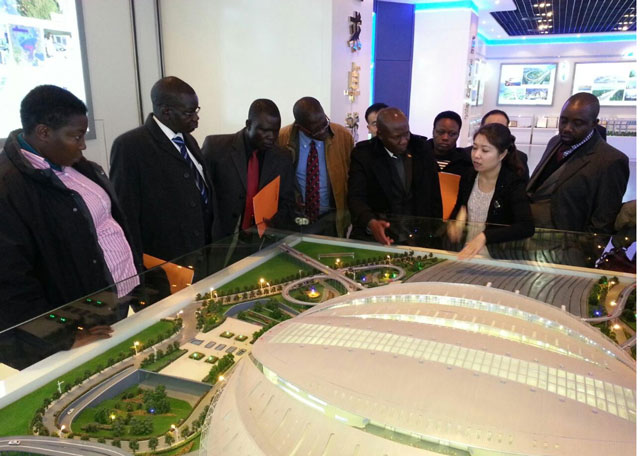
Kampala, Uganda | THE INDEPENDENT | African States have been told to improve on the quality of their negotiation towards China Financing for infrastructural projects.
China is a major donor to African states, but many are worried that the mountains of cash for infrastructure development might actually end up as a debt trap for many African countries.
In a discussion on destructive Allies and supportive Enemies at the Geopolitics conference at Makerere University, experts have said Uganda and many African countries have not negotiated the China financing well, as interests still remain high.
Rolf Paasch, Director Friedrich-Ebert-Stiftung says while dealing with China,the results will come depending on ones negotiation skills. He says there are countries who had unfortunate treaties with China, but there are also countries who have taken some of China’s loans and rejected many.
He says also although many countries went into the China debt trap, China has been reacting fast by relieving countries of their debt, citing Sri Lanka. He says countries should be careful and self-confident while dealing with China.
Charles Onyango Obbo, a senior journalist and Publisher of the Explainer site says many Africans do not negotiate on the interest of the loans and they also get a very small payback time. He says countries need not only to improve the quality of their negotiations with China, but diversify.
He says several countries have already shown that even with China, you can get a better deal.
According to the International Monetary Fund (IMF) and World Bank, Africa is heading towards a debt crisis. Uganda’s debt has hit a high 42 trillion Shillings.
China is the largest creditor to Uganda disbursing 39 per cent of the total credit in the financial year 2017/2018, surpassing the traditional creditors such as the World Bank (21 per cent) and the African Development Bank (8 per cent).
******
URN
 The Independent Uganda: You get the Truth we Pay the Price
The Independent Uganda: You get the Truth we Pay the Price


